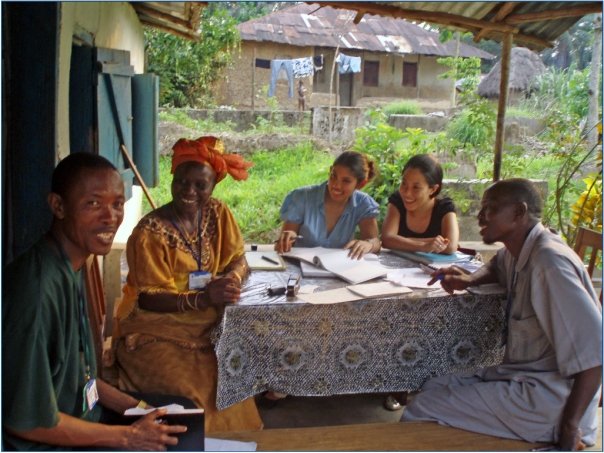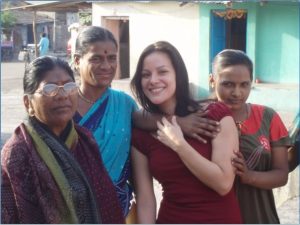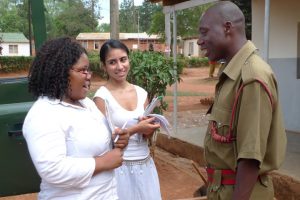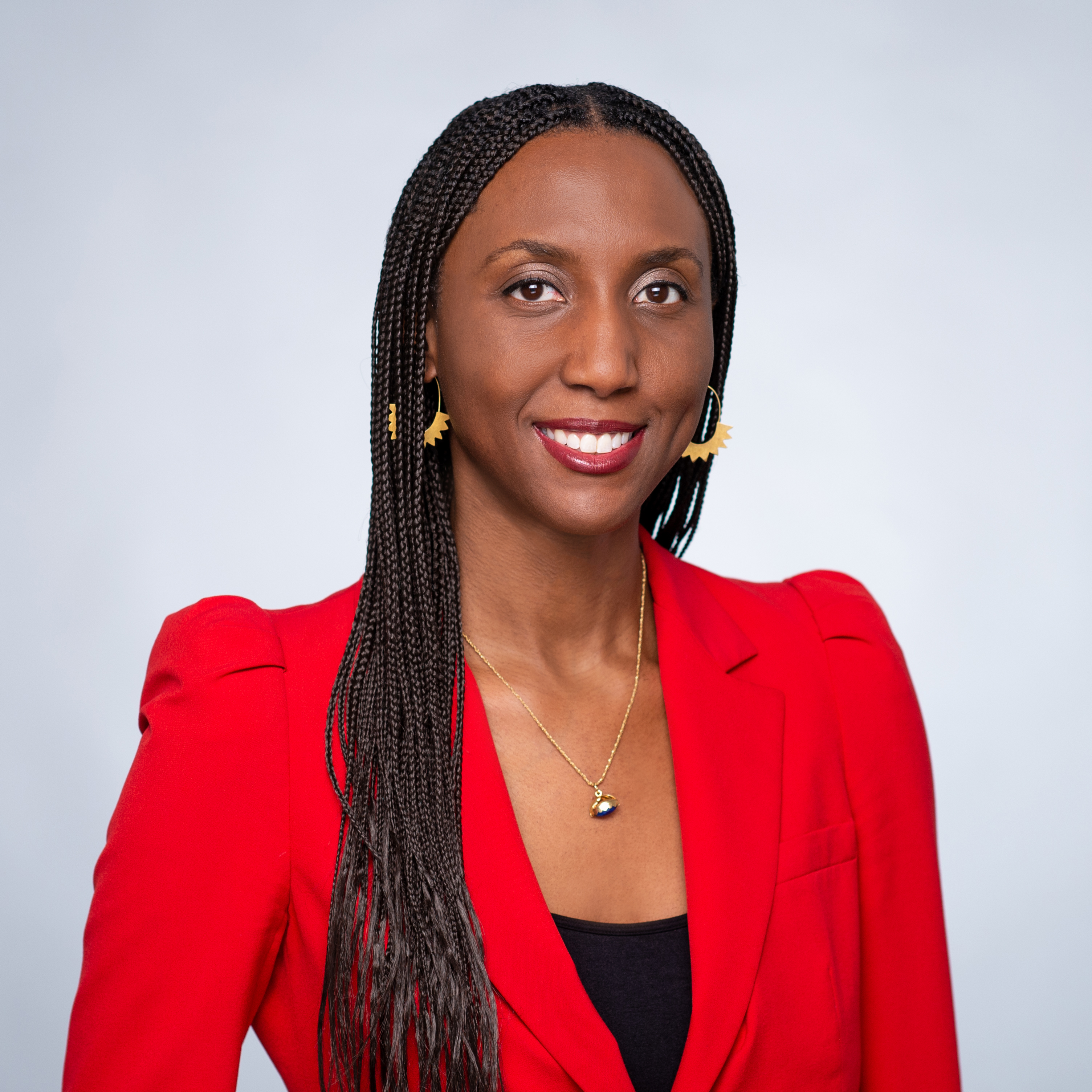
Walter Leitner International Human Rights Clinic

The Walter Leitner International Human Rights Clinic trains students to be strategic, reflective, and creative social justice advocates by immersing them in human rights practice through professional-level projects around the world. Since its founding in 2007, the Clinic has worked on projects in partnership with grassroots NGOs in Botswana, Cambodia, Ethiopia, India, Japan, Kenya, Lebanon, Liberia, Malawi, Mauritius, Namibia, Nigeria, Sierra Leone, South Africa, Turkey, the United States, and Zimbabwe that have focused primarily on gender justice and human rights advocacy. Students gain invaluable human rights lawyering experience by employing a range of advocacy methods, including legal and policy analysis, fact finding and report writing, public interest litigation, submissions before human rights bodies, and direct legal assistance.
Examples of projects include:
Gender Justice:
Japan, Kenya, and the U.S.: Gender and Human Rights Education Campaign (in partnership with Amnesty International Japan, Center for Rights Education Awareness, and Strathmore Law School Clinic): Gender equality and human rights workshops for hundreds of community-based activists, high school students, teachers, and university students in Japan and Kenya. Online instructor’s manual and student workbook on gender justice and human rights in the U.S.
Kenya: Juvenile Justice Reform (in partnership with Strathmore Law School Clinic and Clean Start): Advocacy paper documenting the experiences of incarcerated girls and calling for abolition and reforms of the juvenile justice system in Kenya.
Japan: Gender Inequality in Japanese Educational Institutions (in partnership with Human Rights Now): Advocacy paper to be submitted to Japanese Ministry of Education advocating for implementation of a Title IX-type law to address gender inequality in sports, admissions, and sexual violence and harassment in Japanese educational institutions.
U.S.: Access to Safe Abortion (in partnership with CHANGE): Research support to legal working group against the Trump administration’s reinstatement of the Global Gag Rule.
South Africa: LGBT Refugee Rights (in partnership with PASSOP): Report documenting employment and housing discrimination against LGBT refugees in South Africa. Human rights workshop for LGBT refugee rights activists on the use of national, regional, and international human rights mechanisms.
Ethiopia: Foreign Policy and Access to Safe Abortions in Ethiopia (in partnership with Addis Ababa Law School): Report on effect of U.S. foreign policy (specifically Global Gag Rule and Helms Amendment) on Ethiopian women’s access to safe abortion services since liberalization of Ethiopia’s abortion law in 2005 and repeal of Global Gag Rule in 2009, based on interviews in Ethiopia and semester-long research conducted by Fordham Law School and Ethiopian students.
Sierra Leone: Female Genital Cutting (in partnership with Centre for Safe Motherhood Youth and Child Outreach): Human rights anti-female genital cutting workshops in schools in northern Sierra Leone with thousands of students participating.
Lebanon: Transgender Rights (in partnership with Helem): Needs assessment report outlining employment discrimination faced by Lebanese transgender community based on fieldwork in Beirut.
South Dakota South Dakota: Native American Women’s Reproductive Health (in partnership with ACLU of South Dakota): On-site surveys assessing level of reproductive healthcare being provided to American Indian women through government-run Indian Health Services in South Dakota based on interviews conducted on Lakota reservations in South Dakota.
Malawi: Human Rights and HIV/AIDS (in partnership with Coalition of Women Living with HIV/AIDS): Human rights workshops for 200 HIV positive women in four towns/cities in Malawi.
Sex Workers’ Rights:

Global: Sex Workers’ Rights: (in partnership with Global Network of Sex Work Projects): Research and forthcoming publication of guide on human rights mechanisms and follow-up advocacy for sex workers’ rights advocates.
Africa-wide: Sex Workers’ Rights (in partnership with Crested Crane Lighters, Voices of Hope Trust, and WONETHA): Submissions to international human rights bodies (Human Rights Committee, Universal Periodic Review, and Committee Against Torture) documenting abuses against Namibian and Ugandan sex workers.
Africa-wide: Sex Workers’ Rights (in partnership with African Sex Worker Alliance): Human rights workshop in Mauritius for activists from Botswana, Kenya, Mauritius, Namibia, Nigeria, South Africa, and Uganda on the use of national, regional, and international human rights mechanisms to advance sex workers’ rights in Africa.
Zimbabwe: Sex Workers’ Rights: (in partnership with Sexual Rights Centre): Policy paper on decriminalization of sex work in Zimbabwe. Comparative memo on models of sex worker legal empowerment.
United States: Critiquing “End Demand” Policies (in partnership with Sex Workers Project): Advocacy Letter to Association of Attorneys General critiquing “end demand” approach to sex work.
South Africa: Sex Workers’ Rights (in partnership with SWEAT and Sisonke): Policy papers on behalf of sex worker-led national campaign to decriminalize sex work in South Africa.
Malawi: LGBT Rights and Sex Workers’ Rights (in partnership with Center for Development of People): International and comparative constitutional law research for successful public interest lawsuit challenging the constitutionality of forced HIV testing of sex workers.
India: Sex Workers’ Rights (in partnership with SANGRAM and VAMP): Policy document crafting alternative guidelines for HIV/AIDS interventions targeting sex workers rooted in rights-based and justice-based approach and based on research and on-site interviews with HIV/AIDS peer educators and outreach workers and VAMP female, male, and transgender sex workers in Sangli, India.
Anti-Carceral Advocacy:
Washington DC: Drug Policy Reform (in partnership with HIPS): Public health and human rights-based policy report calling for the decriminalization of all drugs for personal use in Washington D.C.
New York City: New York City Police Abuse of Vulnerable Communities (in partnership with Police Reform Organizing Project): Policy reports critiquing NYPD broken windows policing and NYPD harassment of black and Latinx communities, Muslim-American communities, sex workers, queer youth of color, street vendors, and homeless people.
New York City: Broken Windows Policing in New York City: Submission to Office of the Inspector General–NYPD documenting racially discriminatory effects of NYPD’s broken windows policing policy.
New York City: New York City Police Brutality: Consultancy work for Black Lives Matter activists regarding recommendations for legal, policy, and human rights interventions targeting police brutality in New York City.
Malawi: Prisoner’s Rights (in partnership with Center for Human Rights Education Advice and Assistance): Submissions of individual claims on behalf of Malawian prisoners to United Nations Working Group on Arbitrary Detention in Office of High Commissioner for Human Rights. International and comparative constitutional law research for public interest lawsuit on the right to trial within a reasonable time.
Access to Justice:

Global: Access to Justice for Sexual Violence Cases: 100-page handbook detailing best practices for community-based paralegal programs handling sexual violence cases.
Malawi: Legal Aid Clinics (in partnership with Center for Human Rights Education Advice and Assistance): Conducted mobile legal aid clinics in three villages in rural Malawi. Provided individuals in 110 cases with legal assistance on witchcraft accusations, property grabbing, domestic violence, and child maintenance cases.
Liberia: Access to Justice (in partnership with Carter Center and Justice and Peace Commission): 200-page handbook to improve design of community-based paralegal program.
Malawi: Access to Justice (in partnership with Center for Human Rights Education Advice and Assistance): Handbook to assist CHREAA in improving the design of their community-based paralegal program based on fieldwork in Malawi.







